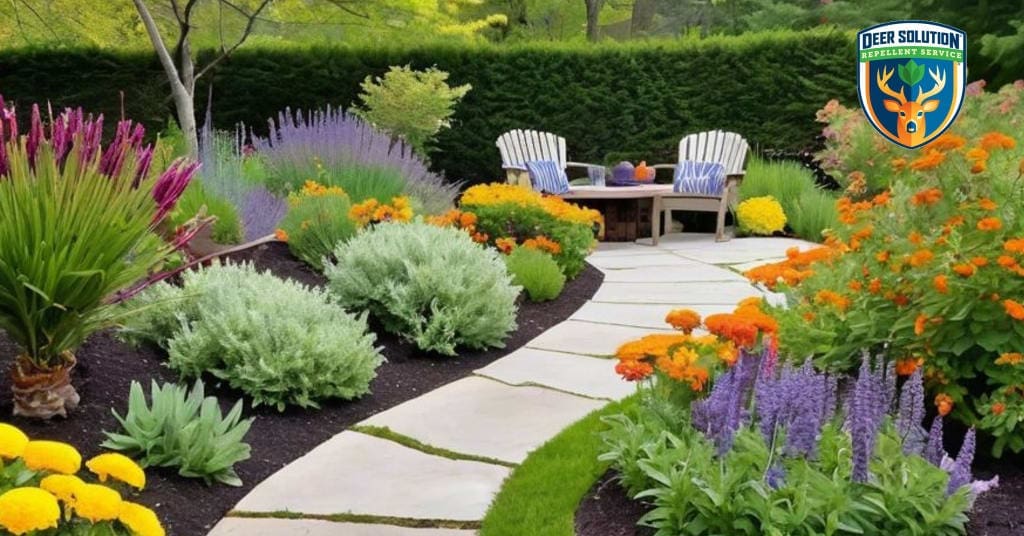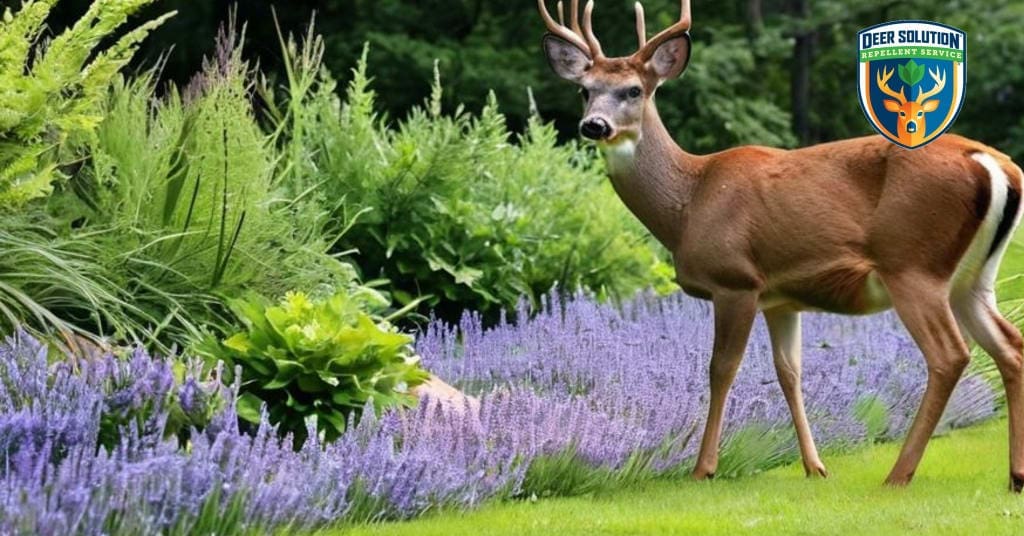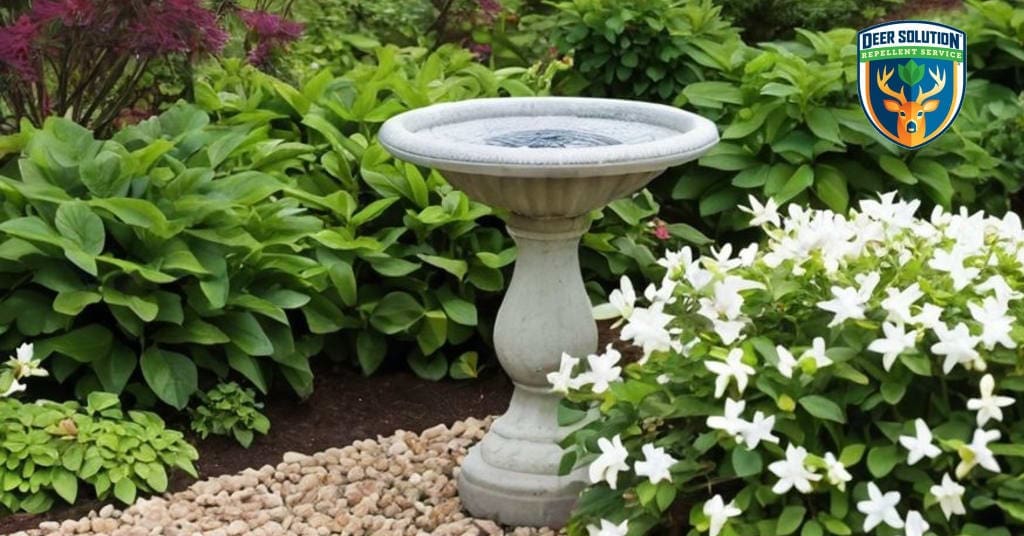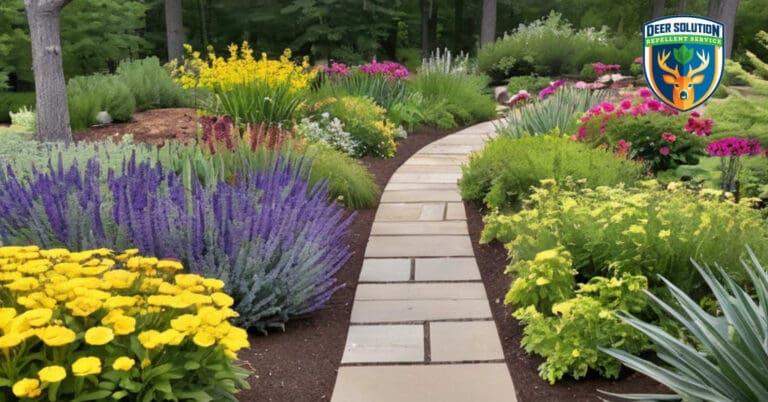Understanding deer dietary habits is crucial for gardeners aiming to protect their landscapes. A frequent question among gardening enthusiasts is: do deer eat cup plants? Cup Plants (Silphium perfoliatum), known for their towering presence and sun-loving nature, are often considered in deer-resistant garden designs. Native to North America, these plants are recognized for their unique ability to hold water in their leaf bases, adding a fascinating feature to any garden.
Deer Dietary Preferences
Deer are opportunistic feeders, consuming a variety of plants based on availability and nutritional needs. They prefer plants with tender leaves and stems, which are easier to chew and digest, and often avoid those with thick, rough, or hairy foliage. In this context, Cup Plants might not be their first choice due to their coarse texture, but hungry deer may nibble on them if other food sources are scarce. Understanding local deer populations and their feeding habits is essential when planning your garden.
Cultivating a Deer-Resistant Garden
To create a landscape less appealing to deer, incorporate plants typically unattractive to them. Here are some tips for designing a deer-resistant garden:
- Choose Native Plants: Native species are often less appealing to deer as they have evolved alongside local fauna and have natural defenses against herbivory.
- Incorporate Texture: Plants with fuzzy, thorny, or leathery leaves can deter deer, as these textures are uncomfortable to chew.
- Use Strong Scents: Aromatic plants like Lavender and Sage emit strong aromas that deer generally avoid, masking the smell of more palatable plants.
By strategically selecting plants and incorporating these elements, you can reduce deer browsing and maintain your landscape’s beauty.
Understanding Cup Plants in the Landscape
While not a deer’s preferred snack, Cup Plants’ tall stature and vibrant yellow blooms attract pollinators, making them beneficial in gardens. They can grow up to eight feet tall, providing a dramatic backdrop or focal point. Their ability to attract bees, butterflies, and other pollinators enhances your garden’s ecological value, promoting biodiversity and supporting local ecosystems.
Cup Plants are low-maintenance, requiring minimal care once established. They thrive in full sun and tolerate various soil conditions, making them a versatile choice for many gardens. Their robust nature and environmental resilience make them excellent for creating a resilient landscape.
Enhancing Your Garden with Eco-Friendly Practices
Maintaining an eco-friendly garden involves sustainable practices that support your garden’s health and the surrounding environment. Consider these practices:
- Companion Planting: Grow plants that naturally repel deer alongside more vulnerable species to create a protective barrier.
- Soil Health: Use organic mulch and compost to enrich the soil, supporting healthy plant growth and resilience against pests and diseases.
- Water Wisely: Implement drip irrigation to conserve water and direct it where needed most, reducing waste and supporting plant health.
Integrating these practices into your routine can create a thriving, sustainable landscape that is both beautiful and environmentally friendly.
Engaging Professional Support
While cultivating a deer-resistant garden involves strategic planning, expert assistance can offer added peace of mind. Deer Solution specializes in eco-friendly services to manage deer presence effectively. Our tailored approaches support your efforts to protect your garden, ensuring it remains vibrant and thriving. We offer solutions from physical barriers to natural repellents, minimizing deer impact on your landscape.
Exploring sustainable solutions includes considering professional services like those from Deer Solution, providing tailored support for maintaining your landscape’s health and beauty. Partnering with experts offers valuable insights and strategies to enhance your garden’s resilience against deer and other threats.
In conclusion, understanding deer dietary habits and implementing strategic gardening practices can significantly reduce deer impact on your landscape. By choosing the right plants, incorporating eco-friendly practices, and seeking professional support, you can create a garden that is both beautiful and resistant to deer browsing, protecting your investment and contributing to a healthier, more sustainable environment.












